Rockin’ in the New Year
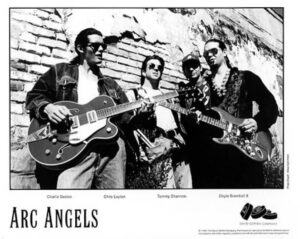
As a pre-teen, Charlie Sexton studied guitar with the late Stevie Ray Vaughan. Now 23, the former solo artist is teamed up with two members of Vaughan’s band Double Trouble, as well as another Vaughan pupil.
Journalist, Author & Syndicated Columnist

As a pre-teen, Charlie Sexton studied guitar with the late Stevie Ray Vaughan. Now 23, the former solo artist is teamed up with two members of Vaughan’s band Double Trouble, as well as another Vaughan pupil.
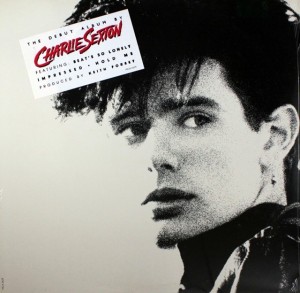
“I wave a banner for Charlie (Sexton),” David Bowie said, calling from Liverpool, England. “I like him a lot. He’s a good kid and very talented. Yes, he’s very pretty, but he didn’t need to be oversold. (MCA) saw him as a one-man Duran Duran, which was a big mistake. Charlie’s a blues boy and that’s where he really shines. Arc Angels probably is the best thing for him at this point in his career.”
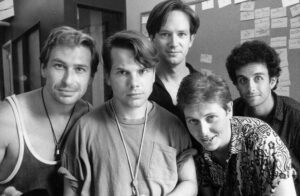
“I crush your head. I crush your head. You’re a flathead!” So cries the Head Crusher, a Brylcreemed loser in plaid pants and thick glasses who whiles away his days air-pinching victims’ heads between his thumb and forefinger.

It has been a long time since David Bowie has felt this good about himself. The former David Robert Jones, Ziggy Stardust and Thin White Duke has carved out a new musical niche without creating a new persona to play it out. Bowie is in Liverpool, England, on this day, congenially promoting his group, Tin Machine. He’s newly engaged to the model Iman, and sips on a cup of hot tea, his substance of choice these days. Mentally scanning his flamboyant 25-year career, he comes to the conclusion that his life, as that of most musicians, would make a boring film.
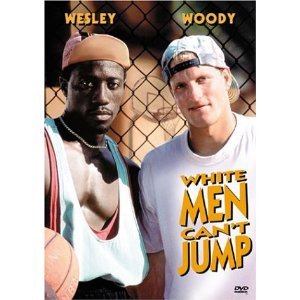
In Hollywood, where every other person claims to be an actor, singer, model or screenwriter, actor Woody Harrelson doesn’t raise too many eyebrows when he jams with his group Manly Moondog and the Three Kool Kats. But when the “Cheers” star takes his 10-piece band out on the road, he attracts a crowd that’s made up of music lovers as well as a strong contingent of curiosity seekers who want to know if “the boy can really sing.”
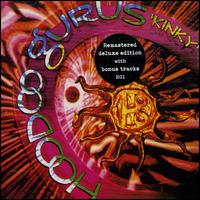
You wouldn’t think that a name like the Hoodoo Gurus would need dressing up. But when the Australian rock band formed 10 years ago, they billed themselves as Le Hoodoo Gurus.
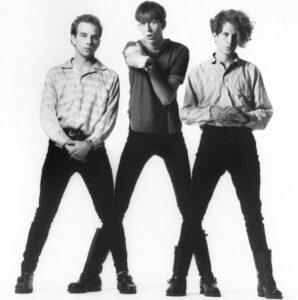
When Jim Ellison lived at home in west suburban Addison, his parents got used to waking up and finding teenage girls parked in front of their home, hoping to catch a glimpse of the Material Issue singer. When he was on the road touring, Ellison’s mom would walk past his bedroom and hear giggling fans leaving vaguely obscene messages on his answering machine.
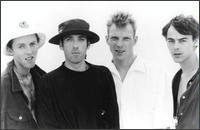
“If I had my time again, I would do it all the same,” Mick Jones sang Saturday night at the Riviera. But with his superb band, Big Audio Dynamite II, Jones made it clear he had no interest in repeating anything musically. B.A.D. II’s guitar-heavy sound was augmented by a disc jockey and pre-recorded tapes that spit out hip-hop samples and keyboard tracks.
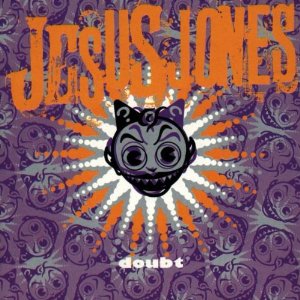
For all that’s been said about its innovative use of sampling, Jesus Jones ultimately is a taut rock ‘n’ roll band that gives concertgoers something worthwhile to look at, as well as listen to. Returning to Chicago for a sold-out gig Friday night at the Aragon Ballroom, the British group performed a confident, polished set that showed how much it matured musically since first touring the U.S. a year ago.
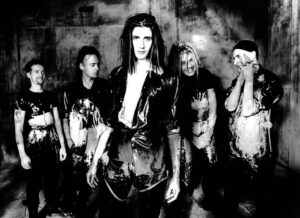
With Jesus Jones, what you hear isn’t always what you get. Spearheaded by songwriter-vocalist Mike Edwards, Jesus Jones is a band that uses sampling as an art form rather than an easy way out. The sound snippets Edwards selects to sample are rarely left in their original state. Rather, he creates new sounds by elongating sighs, changing pitches and distorting voices.
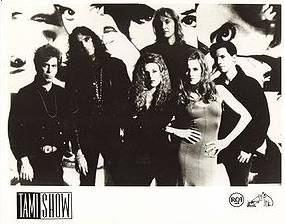
“I saw Jellyfish on David Letterman’s show and they were really, really good,” said Claire Massey, vocalist for TAMI Show, the Chicago-based pop-rock group. “(Their) being so good made me feel a little estranged from playing live and writing music because we’ve done so many things for radio and promotion that have been more of presentations than concerts. It has to be done, but it also gets a little frustrating sometimes.”
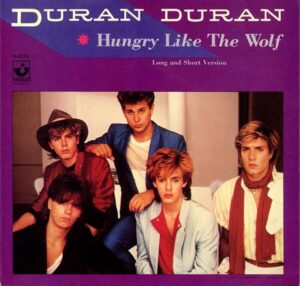
Music today looks better than ever, thanks to videos that airbrush ordinary-looking folks to pinup perfection and catapult so-so singers to superstar status. If looks can thrill, then MTV delivers the goods. The network has made music fair game for artists who sometimes control their visually enticing pecs better than their voices.
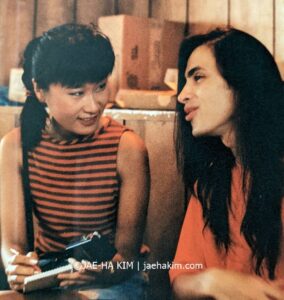
When the hard rock group Extreme boarded the Trinidad for an hourlong cruise along the Chicago River last week, several hundred fans, waiting on deck, were surprised that the band had four members. “Who’re those two guys?” one young woman said to no one in particular. “Are they roadies?”
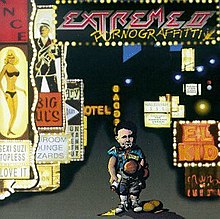
Anyone who buys Extreme’s album solely on the strength of the Boston-based group’s No. 1 hit ballad “More Than Words” is going to be in for a big, loud surprise. The majority of the songs on “Extreme II Pornograffitti” are fast, raucous and hard-rocking.
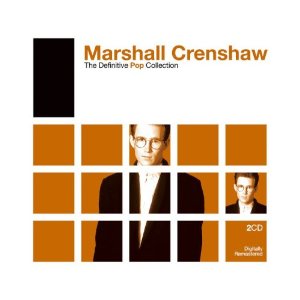
“I”m Marshall Crenshaw – power pop guru!” the musician jokingly announced after his first encore at the Vic Theatre Saturday night. As far as the packed house was concerned, Crenshaw couldn’t have been more correct. When he released his debut album in 1982, critics hailed Crenshaw as pop music’s proverbial next big thing. Looking out at the enthusiastic fans at the Vic, the bespectacled musician, who got his start in show business portraying John Lennon in “Beatlemania,” gave them a knowing smile.
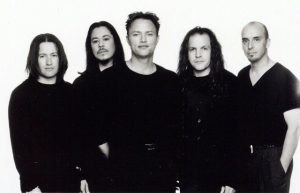
Intelligent heavy metal is an oxymoron in today’s rock world. Too many bands rely on videos featuring nubile models rather than honest musicianship to sell their songs. The member of Queensrÿche stand out in this world, not because they are the prettiest, loudest or raunchiest, but because they treat their music as art rather than product.
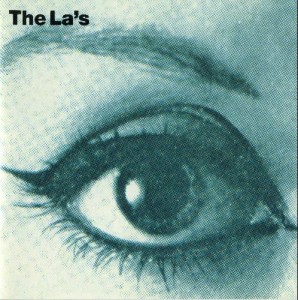
The La’s have made it no secret that they hate their critically acclaimed eponymous debut album, which they believe dulled their sound. Compared with their energetic live show Thursday night at Cabaret Metro, it’s understandable why the musicians were upset. The La’s hourlong concert, in their Chicago debut, was a throwback to the ’60s when brevity counted for something in rock ‘n’ roll. Virtually all of their songs were under three minutes (with the notable exception of their lush eight-minute opus “Looking Glass”).
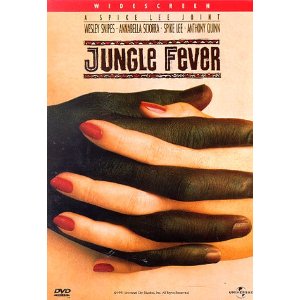
There’s a scene in Spike Lee’s new film, “Jungle Fever,” that hit a little too close to home for Wesley Snipes. The lovers portrayed by him and co-star Annabella Sciorra are engaged in a playful embrace that a police officer mistakes as a black man raping a white woman. Snipes’ character gets a gun put to his head.
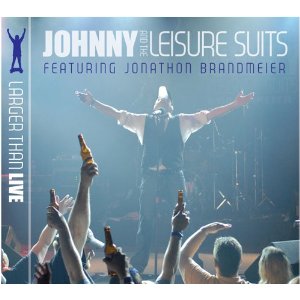
Jonathon Brandmeier’s concert Saturday evening at Tinley Park’s World Music Theatre started off with a bang as the popular WLUP radio personality crashed through a video screen, wearing a Superman-style costume. Quickly stripped of that outfit to reveal a slightly less flamboyant combination of a colorful flowered shirt, casual black pants and jacket, Brandmeier and his band, the Leisure Suits, launched the World’s summer season with a two-hour show that included satirical music, glib comedy, a little mooning and a marriage proposal.
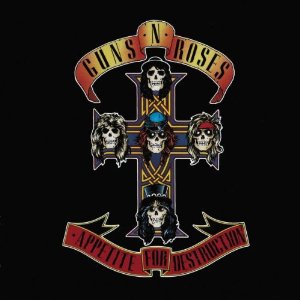
Guns N’ Roses, kicking off its first-ever headlining tour Friday night at Alpine Valley, negated the oft-repeated and seemingly true tale that today’s musicians have forgotten what rock ‘n’ roll is all about. Three years after its debut LP “Appetite for Destruction” clawed its way to the top of the album charts, the controversial Los Angeles band gave an aggressive, testosterone-laced performance before an almost sold-out crowd of 40,000 fans, showing that while its members’ tumultuous private lives and business idiosyncrasies are the stuff that keeps gossip columnists in business, their music contains all the elements that make rock ‘n’ roll vital.